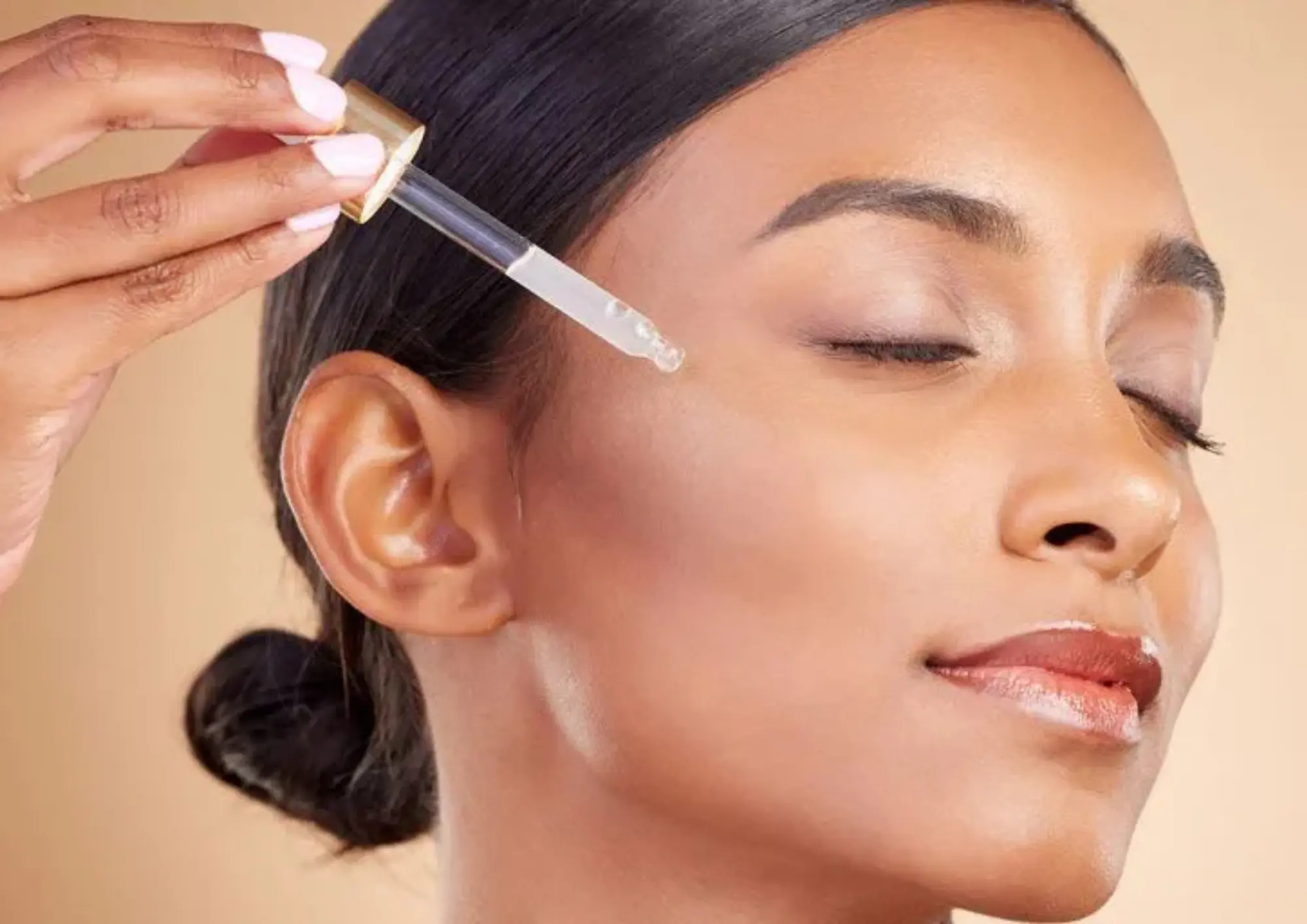When it comes to skincare, few ingredients have earned as much praise as retinol. Known as the gold standard in dermatology, retinol is a powerhouse ingredient that transforms skin texture, reduces signs of aging, and boosts overall radiance. But what exactly makes retinol so effective, and how can it help your skin? Let’s dive into the amazing benefits of retinol and why it should be a staple in your skincare routine.
Benefits of retinol for skin
1. Reduces Fine Lines and Wrinkles
Retinol is a form of vitamin A that stimulates collagen production in the skin. Collagen is the protein responsible for skin elasticity and firmness, but its production slows as we age. By boosting collagen levels, retinol helps reduce the appearance of fine lines and wrinkles, giving your skin a smoother and more youthful look.
2. Improves Skin Texture
Uneven skin texture and rough patches are no match for retinol. This ingredient encourages faster cell turnover, shedding old skin cells and replacing them with new ones. The result? Smoother, softer, and more even skin that feels as good as it looks.
3. Fades Hyperpigmentation and Dark Spots
Retinol is a lifesaver for those struggling with dark spots, sun damage, or melasma. Its ability to speed up cell turnover helps fade pigmentation over time, revealing a more even skin tone. With consistent use, you’ll notice a brighter and clearer complexion.
4. Clears Acne and Prevents Breakouts
Retinol isn’t just for anti-aging it’s also a powerful tool for acne-prone skin. By unclogging pores and regulating oil production, retinol reduces the occurrence of breakouts and prevents future blemishes. Say goodbye to stubborn blackheads and whiteheads!
5. Minimizes Pores
Large pores can make your skin look uneven and textured. Retinol works to reduce the appearance of enlarged pores by encouraging cell regeneration and improving elasticity. This gives your skin a more refined and polished appearance.
6. Boosts Radiance
Dull, tired-looking skin can steal your glow. Retinol’s exfoliating properties help remove dead skin cells, revealing a brighter and healthier complexion. With regular use, your skin will look refreshed and revitalized.
7. Supports Long-Term Skin Health
Beyond its immediate benefits, retinol helps maintain overall skin health in the long run. Its antioxidant properties protect your skin from environmental stressors like pollution and UV rays, keeping it resilient and youthful.
How to Use Retinol Safely
To maximize retinol’s benefits, it’s important to use it correctly:
- Start slow: Use retinol once or twice a week to allow your skin to adjust.
- Apply at night: Retinol can make your skin sensitive to sunlight, so apply it during your evening routine.
- Follow with moisturizer: Retinol may cause dryness initially, so hydrate your skin to minimize irritation.
- Don’t skip sunscreen: Use SPF daily to protect your skin from UV damage while using retinol.
Who Can Benefit From Retinol?
Retinol is suitable for most skin types, but it’s especially beneficial for those dealing with aging signs, acne, or dullness. If you have sensitive skin, consider starting with a milder retinol alternative like retinyl palmitate or consult a dermatologist for guidance.
FAQs
1. What is retinol, and how does it work on the skin?
Retinol is a derivative of vitamin A that boosts cell turnover, stimulates collagen production, and unclogs pores. It works by accelerating skin renewal, reducing fine lines, improving texture, and enhancing radiance.
2. Who should use retinol, and at what age should I start?
Retinol is suitable for most skin types and is ideal for addressing signs of aging, acne, and uneven skin tone. Many dermatologists recommend starting retinol in your mid to late 20s as a preventative measure.
3. Can retinol be used on sensitive skin?
Yes, but sensitive skin users should start with a lower concentration and apply it only 1-2 times a week to build tolerance. Using a gentle moisturizer and avoiding harsh exfoliants can help minimize irritation.
4. How long does it take to see results from retinol?
Results vary, but many people notice improvements in skin texture and tone within 4-6 weeks. For significant changes in fine lines and dark spots, consistent use for 3-6 months is recommended.
5. Are there any side effects of using retinol?
Some common side effects include dryness, redness, and peeling, especially during the initial weeks. These effects usually subside as your skin adjusts. Always pair retinol with sunscreen to protect against sun sensitivity.
Embrace the Retinol Revolution
Whether you’re tackling wrinkles, acne, or dullness, retinol is your ultimate skincare ally. With its proven ability to enhance skin texture, tone, and clarity, it’s no wonder this ingredient has become a must-have in so many routines.
